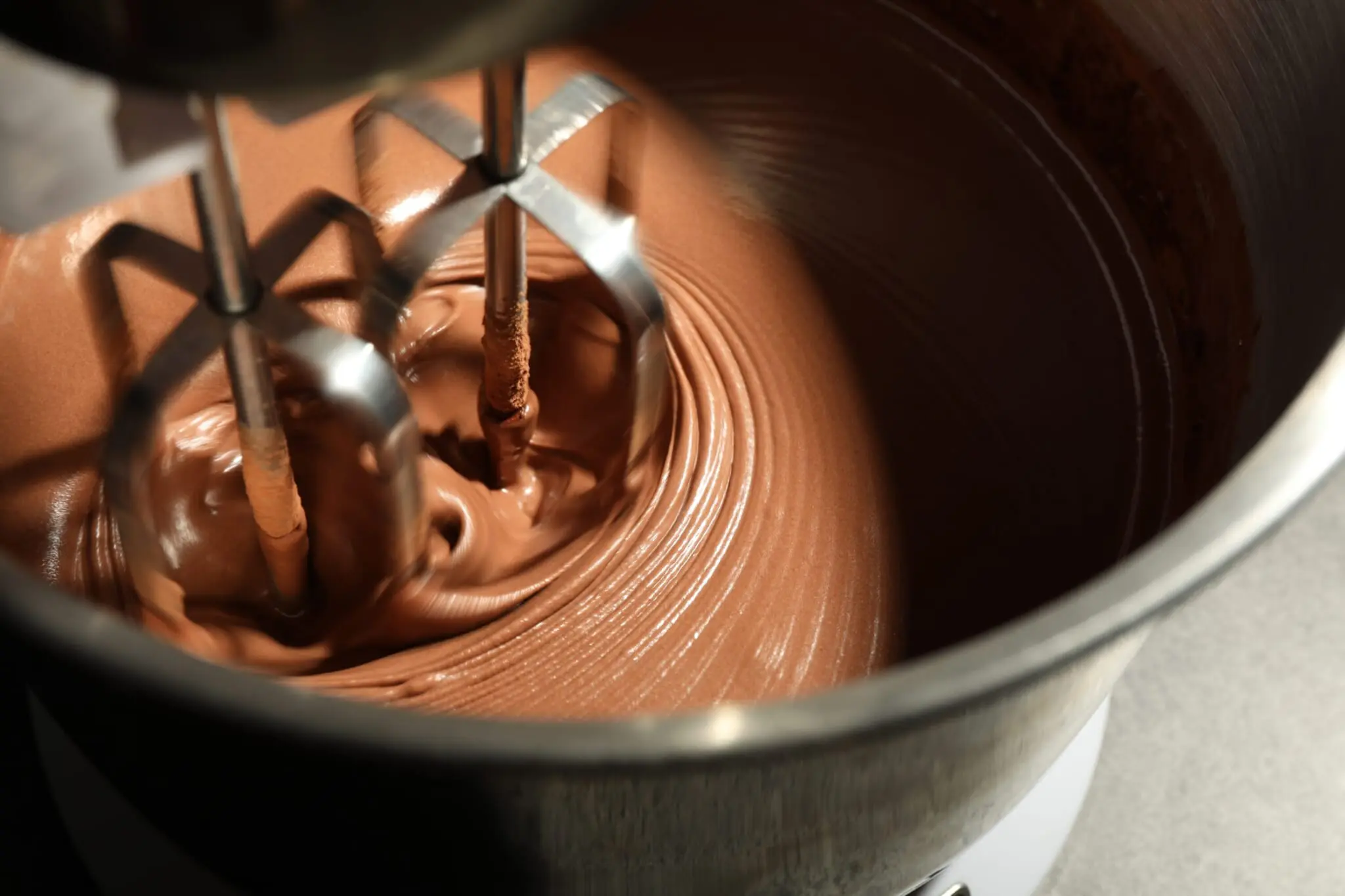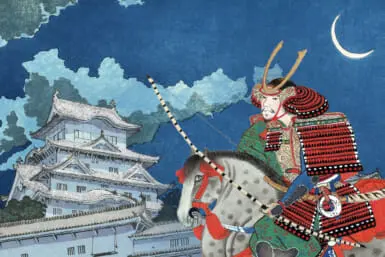Valentine’s Day is a little less about love and more about obligation in Japan. Unlike in the West, where the holiday is a two-way exchange of gifts, Japan’s version is a calculated ritual of social hierarchy, expressed through chocolate.
Every February 14, women across the country distribute chocolates — not just to romantic partners but to colleagues, bosses, friends and even family members. And not just any chocolate, but a carefully categorized selection that dictates the precise nature of the giver-receiver relationship.
The Chocolate Hierarchy: What You Give Says Everything
Japan’s Valentine’s Day isn’t just about giving chocolate. It’s about giving the right kind of chocolate to the right person. The distinctions are subtle, but socially crucial.
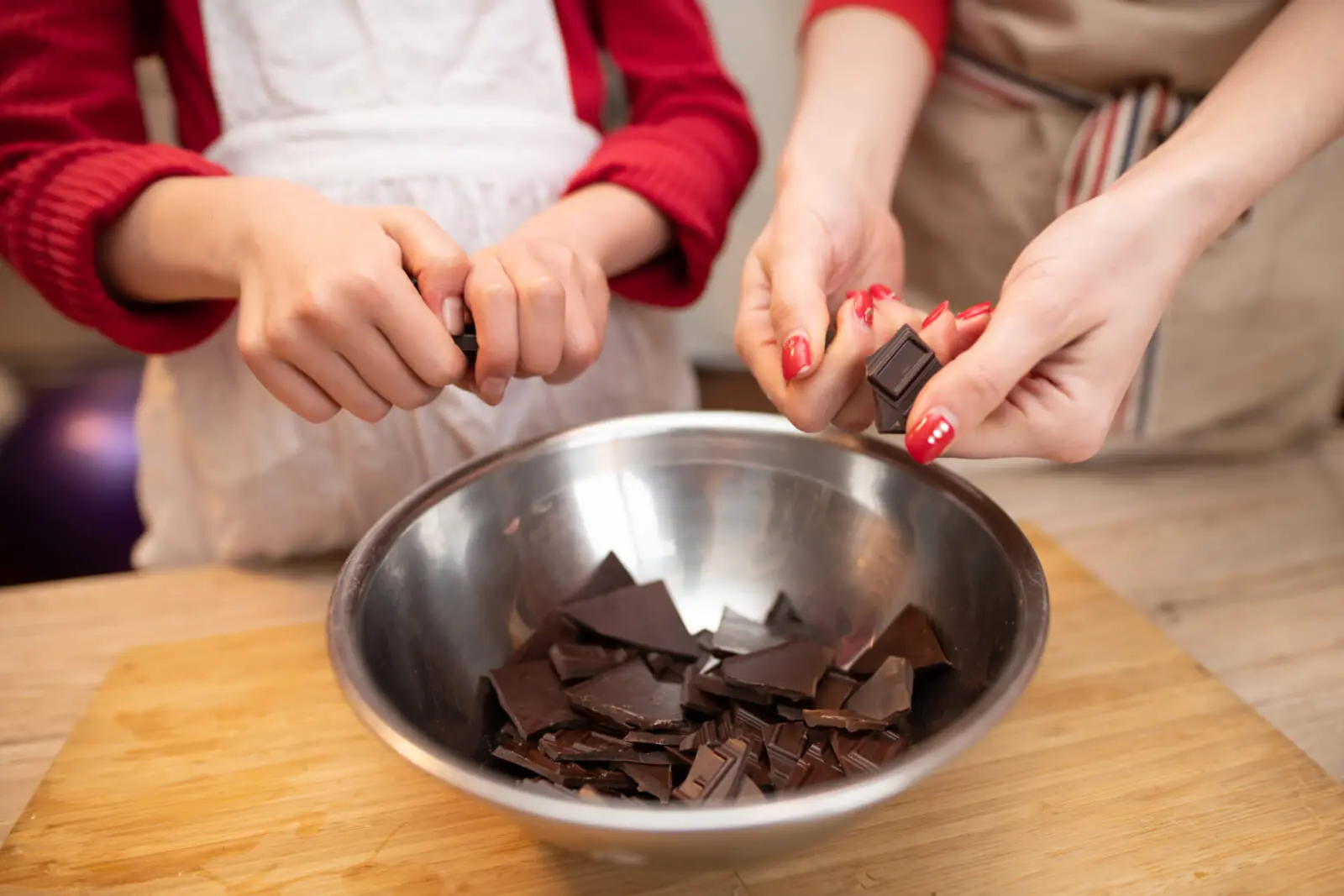
Honmei Choco: True Feelings Chocolate
This is the most important chocolate of the season. Typically handmade (or high-end), it’s given to a romantic partner, a serious crush or a spouse. A store-bought box might suffice in a long-term relationship, but a handmade gift? That’s a confession in itself.
Giri Choco: Obligation Chocolate
This is the one that fuels Japan’s chocolate economy. Given to colleagues, bosses and male acquaintances, Giri Choco is a duty, not a declaration. Cheap, mass-produced and often wrapped in understated packaging, it’s the chocolate you give to keep the office peace — but not spark any rumors.
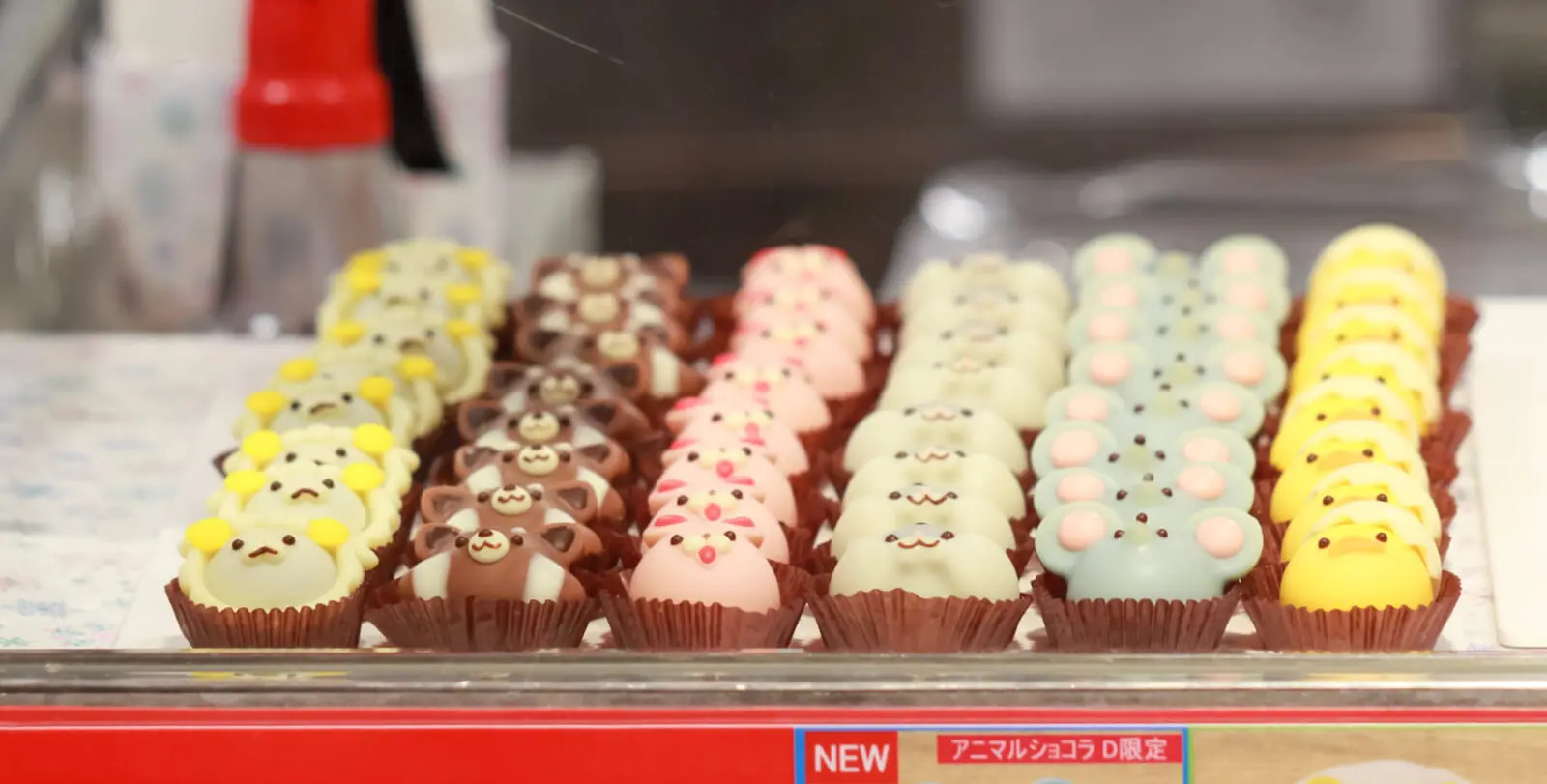
Tomo Choco: Friend Chocolate
A more recent trend, Tomo Choco is all about platonic love. Exchanged between friends (mostly among women), these chocolates are often colorful and trendy. Unlike Giri Choco, this one is actually fun to give.
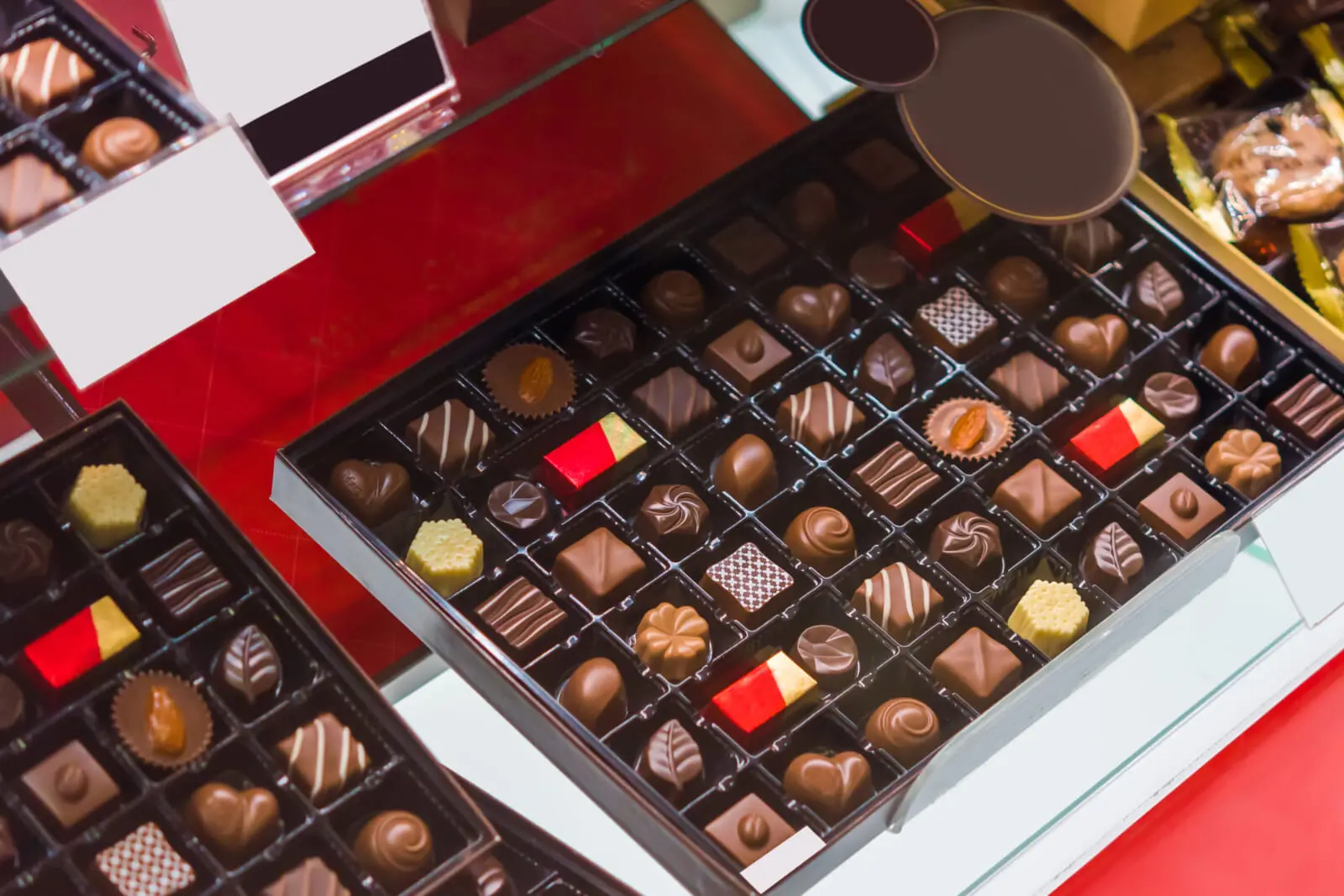
Mai Choco: Self-Love Chocolate
Why wait for someone else to buy you expensive sweets? Mai Choco (or Jibun Choco) is chocolate for yourself, often the priciest indulgence of them all. With Japan’s luxury chocolate market booming, high-end brands now cater directly to women buying for themselves.
Sewa Choco: Thank You Chocolate
A variation of Giri Choco, Sewa Choco is given to mentors, teachers or older colleagues to express gratitude rather than obligation. It’s slightly classier and more thoughtful, meaning you don’t cheap out on this one.
Gyaku Choco: Reverse Chocolate
A trend attempting (and mostly failing) to reverse Japan’s rigid Valentine’s roles. Here, men give chocolates to women, much like the Western version of Valentine’s Day. While some brands push Gyaku Choco as a modern alternative, it’s still not really taking off because Japan still saves male-driven gift-giving for White Day.
Fami Choco: Family Chocolate
This is shared within families, especially for fathers and grandfathers. Less romantic, more wholesome and an increasingly popular choice as families embrace Valentine’s Day as a broader celebration.
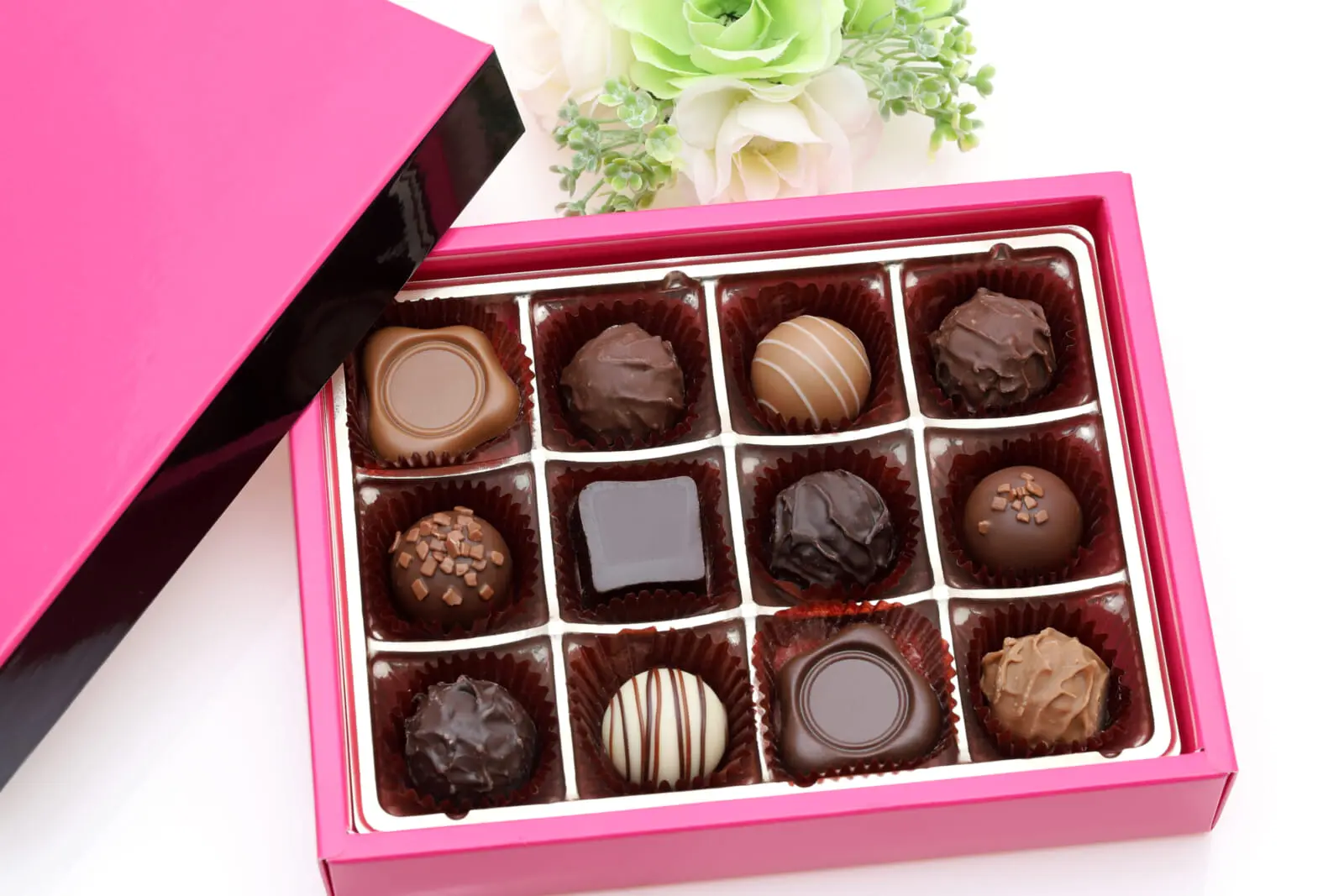
White Day: When Men Pay Their Debt in Chocolate (or More)
Exactly one month later, on March 14, men who received chocolates on Valentine’s Day are expected to return the favor on White Day. But not just any gift. The unspoken rule is that their return gift should be two to three times the value of what they received.
Confectionery brands exploit this dynamic, marketing lavish sweets, luxury accessories and even jewelry as “appropriate” White Day returns. Women notice the value of what they get back. A lackluster return can signal a lack of interest, or worse, ingratitude.
Some men, eager to avoid the social burden, reject Giri Choco altogether. Many companies have even banned Giri Choco to ease workplace pressure, with some women happily embracing the shift.
A Chocolate Economy
Japan’s Valentine’s Day isn’t so much a celebration as it is a delicate, high-stakes game of confectionery diplomacy. The wrong chocolate can send mixed signals, no chocolate can spark office tension and Giri Choco — the chocolate equivalent of a polite nod — can somehow still be misinterpreted. And just when you think it’s all over, White Day arrives to double the pressure (and the price tag).
At this point, you have to wonder, is anyone actually enjoying this? Maybe that’s why Mai Choco has been on the rise. In a system where sweets are more about obligation than indulgence, the only real winner is whoever ditches the social game and eats the damn chocolate themselves.

